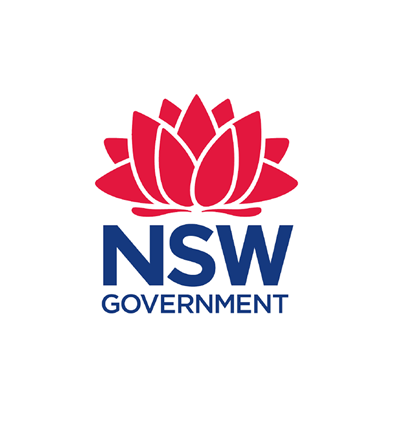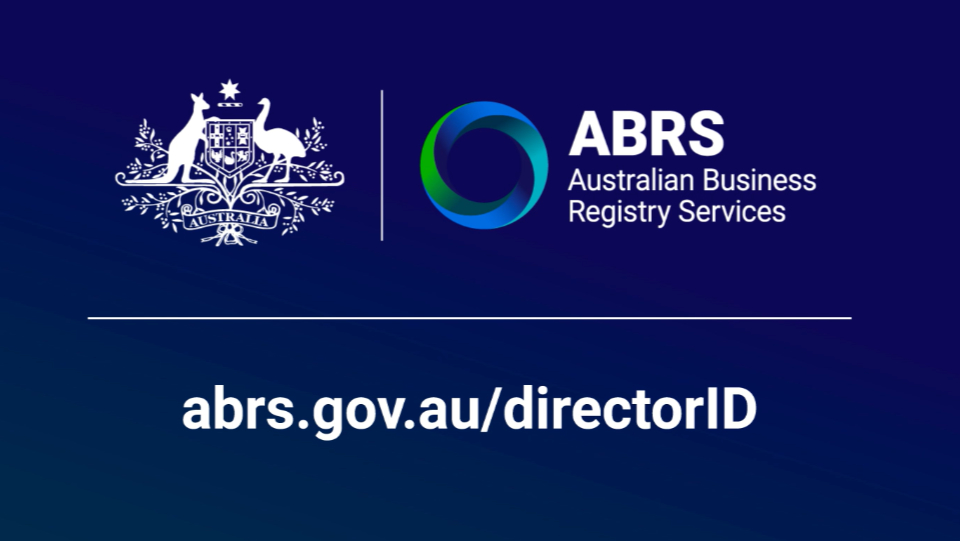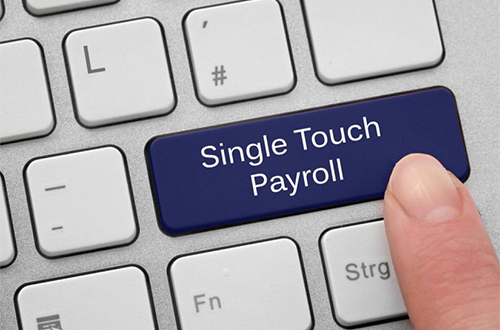
Property Tax Proposal in Sydney
The NSW Government wants to help the people in NSW achieve the Australian dream of homeownership and grow the NSW economy.
To help make this happen, the NSW Government is considering a once in a generation change of giving home buyers the choice to pay either a new smaller annual property tax or stamp duty and land tax (for those where applicable).
After a consultation process, we are also providing a Progress Paper as an update nowadays.
NSW property tax proposal
The Proposed changes in the NSW property tax system aim to provide people with the choice to pay an annual property tax rather than paying stamp duty and land tax (for those where applicable).
The NSW Government wants to help the people of New South Wales a.k.a. NSW achieve the Australian dream of homeownership and grow the NSW economy.
To help make this happen, the New South Wales Government is considering a once in a generation change of giving home buyers the choice to pay either a new smaller annual property tax or stamp duty and land tax (for those where applicable).
After a consultation process, we are also providing a Progress Paper as an update nowadays.

About Director ID
A Director Identification Number or Director ID is a unique identifier you will keep forever. It will help in the prevention of false or fraudulent activities using Director Identities.
Why you need one:
Director ID gives the entitlement to know certain details of the company and the name of the Director to shareholders, employees, creditors, consumers, external administrators and regulators.
All Directors are required to verify their identity by law with the Australian Business Registry Services (ABRS) before receiving a Director ID. The verification is important because it will help in:
- Prevention from the use of false or fraudulent activities using Director Identities.
- Director IDs make it easier for external administrators and regulators to trace the Directors’ relationships with companies over time.
- Director IDs help in identifying and eliminating Director’s involvement in unlawful activities such as illegal phoenix activity.
- Illegal phoenix activities are defined as when a company is liquidated, wounded up or abandoned to avoid paying its debts. With the liquidated funds, a new company is then started to continue with the same business activities but without the previous debt.
When Illegal Phoenix activities are committed, then there are these consequences:
- Employees don’t get their Wages, Superannuation and other Entitlements.
- Suppliers or sub-contractors are not paid either.
- Because of this, the competitor businesses are given less importance as well.
- The community also doesn’t get a large portion of revenue that could have contributed to the betterment of community services.


Single Touch Payroll
Single Touch Payroll (STP), is an Australian Government initiative to reduce the reporting burdens of employers’ payrolls, superannuation and other reports to government agencies.
With the introduction of STP, employees’ payroll information is reported to the Australian Taxation Office (ATO) each time you pay them through the STP-enabled software. The Payroll information includes:
- Salaries and wages of the Employees
- Pay as you go (PAYG) Withholdings
- Superannuations
STP system was started on 1 July 2018 for the employers having 20 or more employees, and on 1 July 2019 for the employers having 19 or fewer employees. It is a mandatory obligation by the ATO.
The ATO has provided several concessions depending upon the Business, Industry, or Employer types. Most of these concessions ended on 1 July 2021. If you have a current concession then you need to report each payday through STP by this date.
If you have not enrolled and started reporting through the STP system, you need to start reporting as soon as possible because there might be penalties.
Single Touch Payroll
Single Touch Payroll (STP), is an Australian Government initiative to reduce the reporting burdens of employers’ payrolls, superannuation and other reports to government agencies.
With the introduction of Single Touch Payroll, employees’ payroll information is reported to the Australian Taxation Office each time you pay them through the STP-enabled software. The Payroll information includes:
Salaries and wages of the Employees.
Pay as you go or PAYG Withholdings
Superannuation’s.
STP system was started on 1 July 2018 for the employers having 20 or more employees and on 1 July 2019 for the employers having 19 or fewer employees and is a mandatory obligation by the Australian Taxation Office.
The Australian Taxation Office has provided several concessions depending upon the Business, Industry, or Employer types. Most of these concessions ended on 1 July 2021. If you have a current concession then you need to report each payday through STP by this date.
If you haven’t enrolled and started reporting through the STP system, you need to start reporting as soon as possible because there might be penalties.


